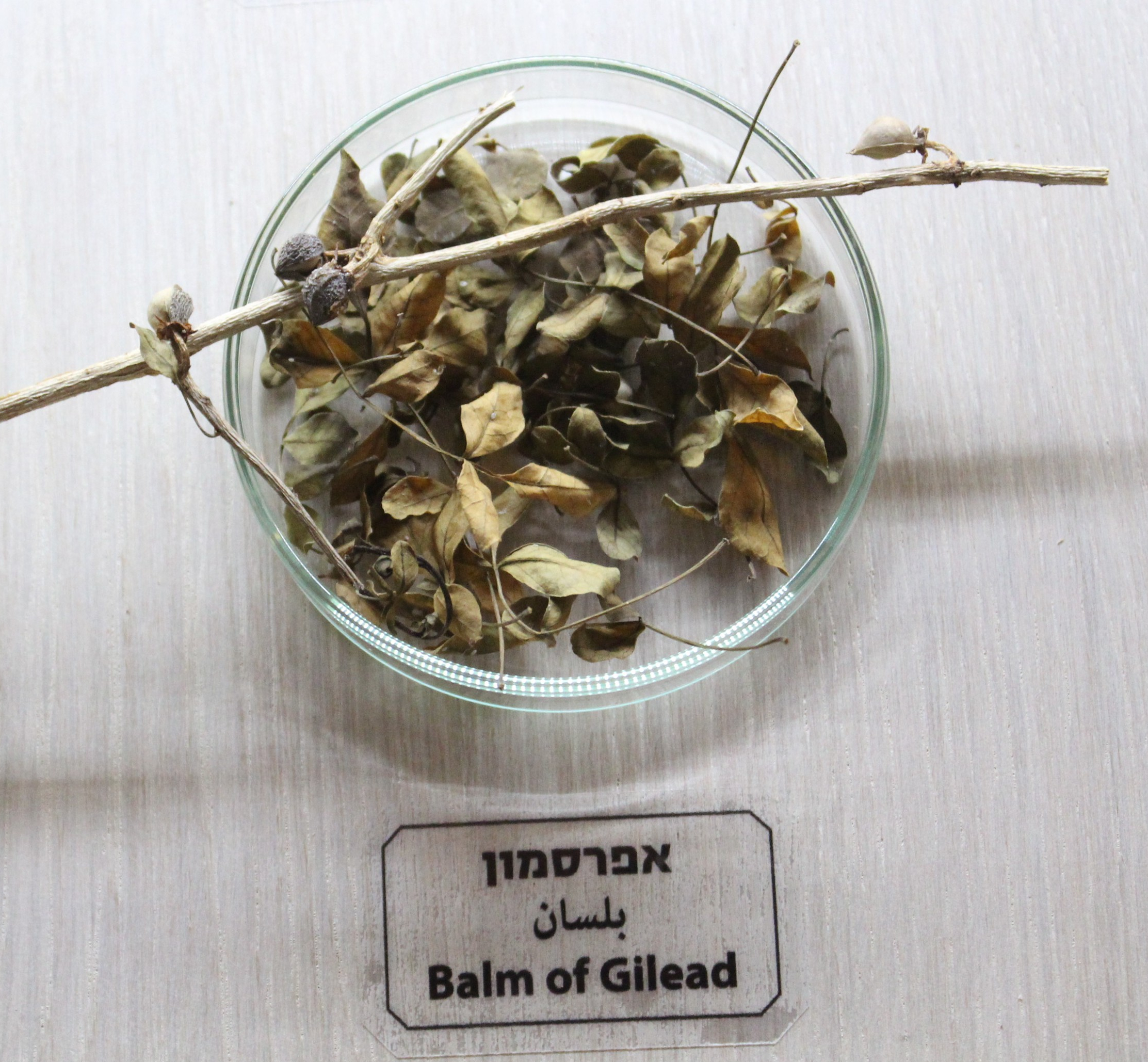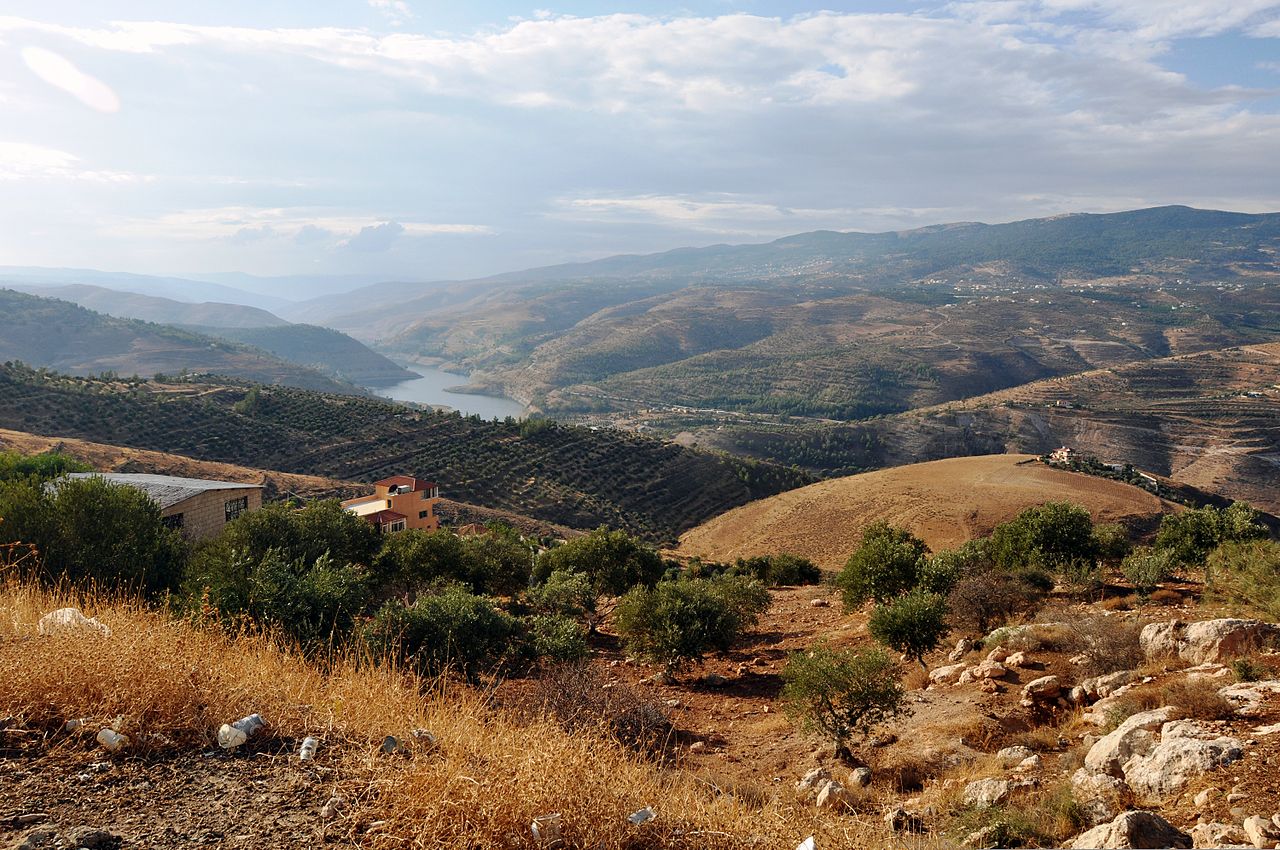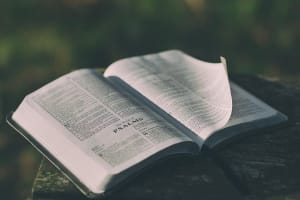In search of healing: The Balm of Gilead and Israel’s Messianic hope

In the mountainous, fertile region of Gilead, now part of modern-day northwestern Jordan, where a portion of land was allotted to the tribes of Reuben, Gad and half of Manasseh, a salve was produced from the resin of mint herbs that grew there. It was referred to in the bible as the "balm of Gilead and highly sought after in ancient times for its ability to heal almost every kind of ailment you can imagine, as well as a variety of other uses, including flavoring meats and perfumes.
The location of Gilead is recognized in the Bible for being the birthplace of the prophet Elijah, the last place Jacob and Laban met and where Gideon obtained victory over the Midianite army with just three hundred men. Specific sites within Gilead are mentioned in scripture as well, such as Ramoth-Gilead, a strategic city of refuge that King Ahab sought to recapture in 1 Kings 22.
The Balm of Gilead is believed to have contained several ingredients from beeswax to balsam and poplar tree juices, combined with licorice and honey to increase its potency. This prized healing balm is mentioned in Scripture a handful of times, the first being in Genesis 37:25, just after Joseph’s brothers, filled with jealousy, threw him into a cistern:
“Then, just as they were sitting down to eat, they looked up and saw a caravan of camels in the distance coming toward them. It was a group of Ishmaelite traders taking a load of gum, balm, and aromatic resin from Gilead down to Egypt.”
The second place where the Balm of Gilead is mentioned is Jeremiah 8 as the Babylonian siege of Israel looms over the nation and the weeping prophet cries, “Since my people are crushed, I am crushed; I mourn, and horror grips me. Is there no balm in Gilead? Is there no physician there? Why then is there no healing for the wound of my people?” (Jeremiah 8:21)
Later, in Jeremiah 46:11, God tells Egypt: “Go up to Gilead to get medicine, O virgin daughter of Egypt! But your many treatments will bring you no healing.”
In Jeremiah’s time, the people of Israel had turned to temporary solutions to solve their problems, consulting other nations and other gods. Because of their sin and rebellion, God allowed them to be handed over to the Chaldeans. Still, God promised in Jeremiah 31, “Restrain your voice from weeping and your eyes from tears, for your work will be rewarded, declares the Lord. They will return from the land of the enemy. So, there is hope for your descendants, declares the Lord. Your children will return to their own land.”
Even after the Babylonian nation crumbled, and Israel returned to their land, the wounds were too deep from all they had endured. They were in desperate need of soul healing-something a physical balm could not possibly provide.
The Balm of Gilead became a metaphor for the Messiah, the only one who could bring complete and total healing to the nation – emotional, spiritual and physical. The promised Anointed One would bind up their wounds, restore them, make them whole and provide eternal salvation.

Today, the circumstances are similar in some ways to Jeremiah’s time.
With the recent miraculous return of the 20 living hostages from Gaza, the people of Israel (and all of us who love and support her) are rejoicing. We’re so thankful to God for answering prayer and bringing relief after two long years, but there is still a soul-healing the nation and Jewish people everywhere desperately need. Now is the time for healing, and only through Yeshua, the "Balm of Gilead," can true healing come.
Through the fellowship of Yeshua’s suffering and by His power, the Jewish people can forgive those who hurt us and find healing and lasting peace.
In Genesis 43:11, Israel (Jacob) instructs his sons to return to Egypt – and to their long-lost brother Joseph, who was still unrecognized by them – and to bring him the finest of goods, one of which was the balm of Gilead, in exchange for grain.
Today, it is Yeshua, “the son of Joseph” who is Israel’s long-lost brother. He longingly awaits the time when the nation will embrace him and the deep healing he offers.
He is Adonai Rapha – the Lord who heals. Pray for many to recognize him in the coming days.

Want to help more people find our reporting from Israel? Leave a quick Google review of our website here.
-(1).jpg)
Avigayil Rivkah is a writer and speaker on the Jewish roots of the
Christian faith, Jewish culture and Israel news. She is a Jewish
believer in Jesus and writes at ajoyfuljewishjourney.com
You might also like to read this:















